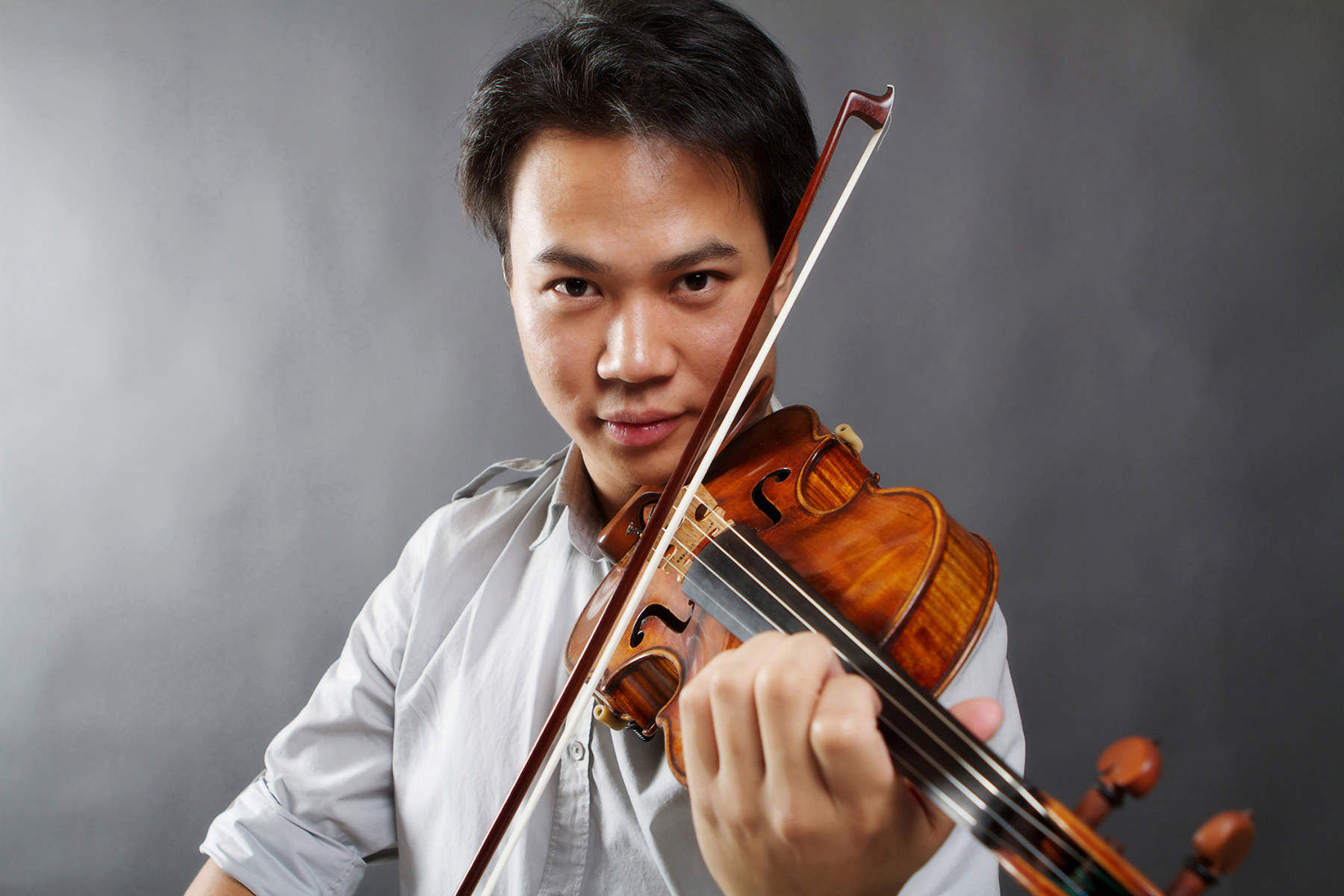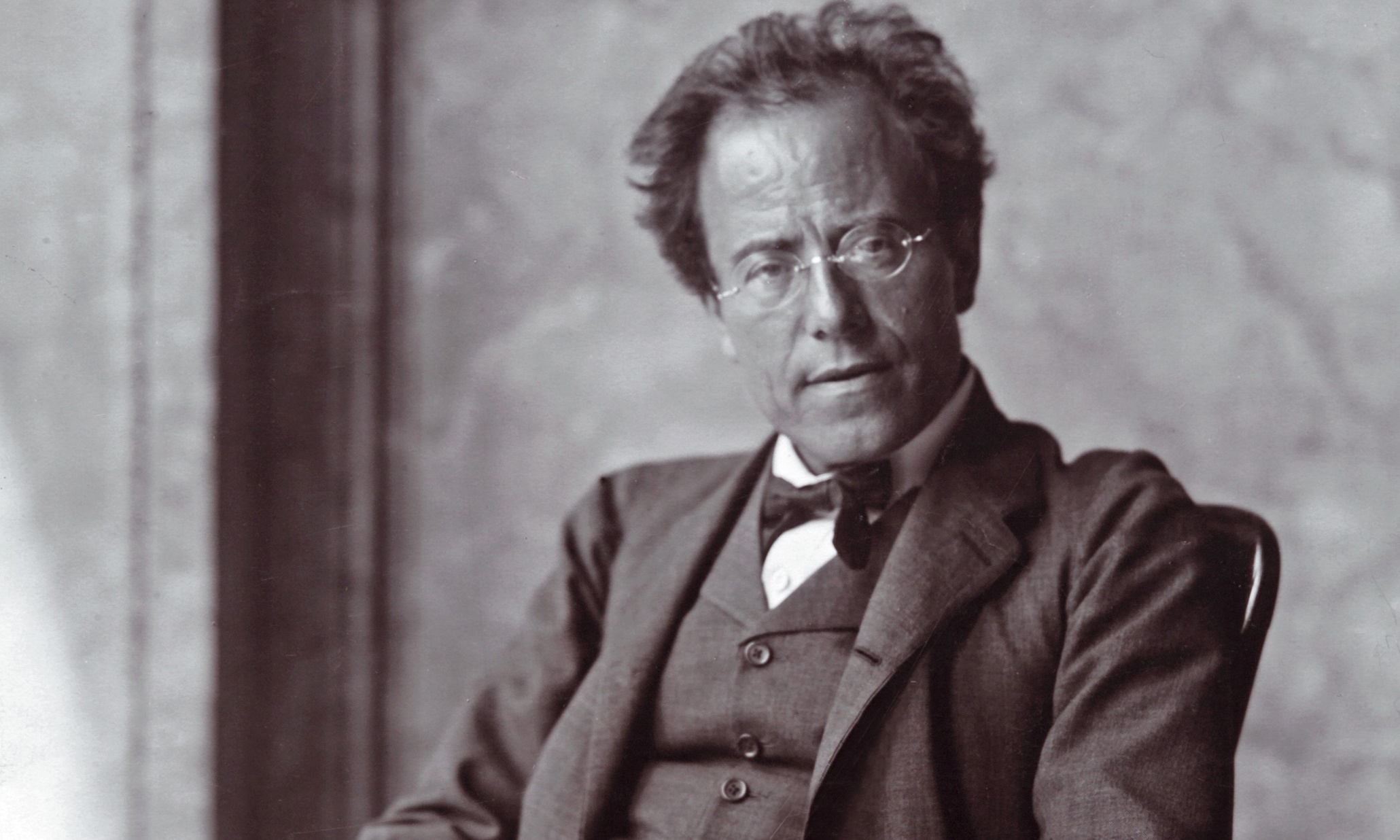Meet Nikki Chooi, the Met’s New Concertmaster
Last week, the Metropolitan Opera announced the appointment of a new concertmaster: 27-year-old Canadian violinist Nikki Chooi. Chooi, who grew up in Victoria, British Columbia, began studying the violin at the age of four through the Suzuki method, later attending Curtis and Juilliard. Last season he performed as a member of the innovative, genre-defying string trio, Time for Three. (Here is the group’s cover of Taylor Swift’s Shake it Off). Here’s an excerpt from Chooi’s …







